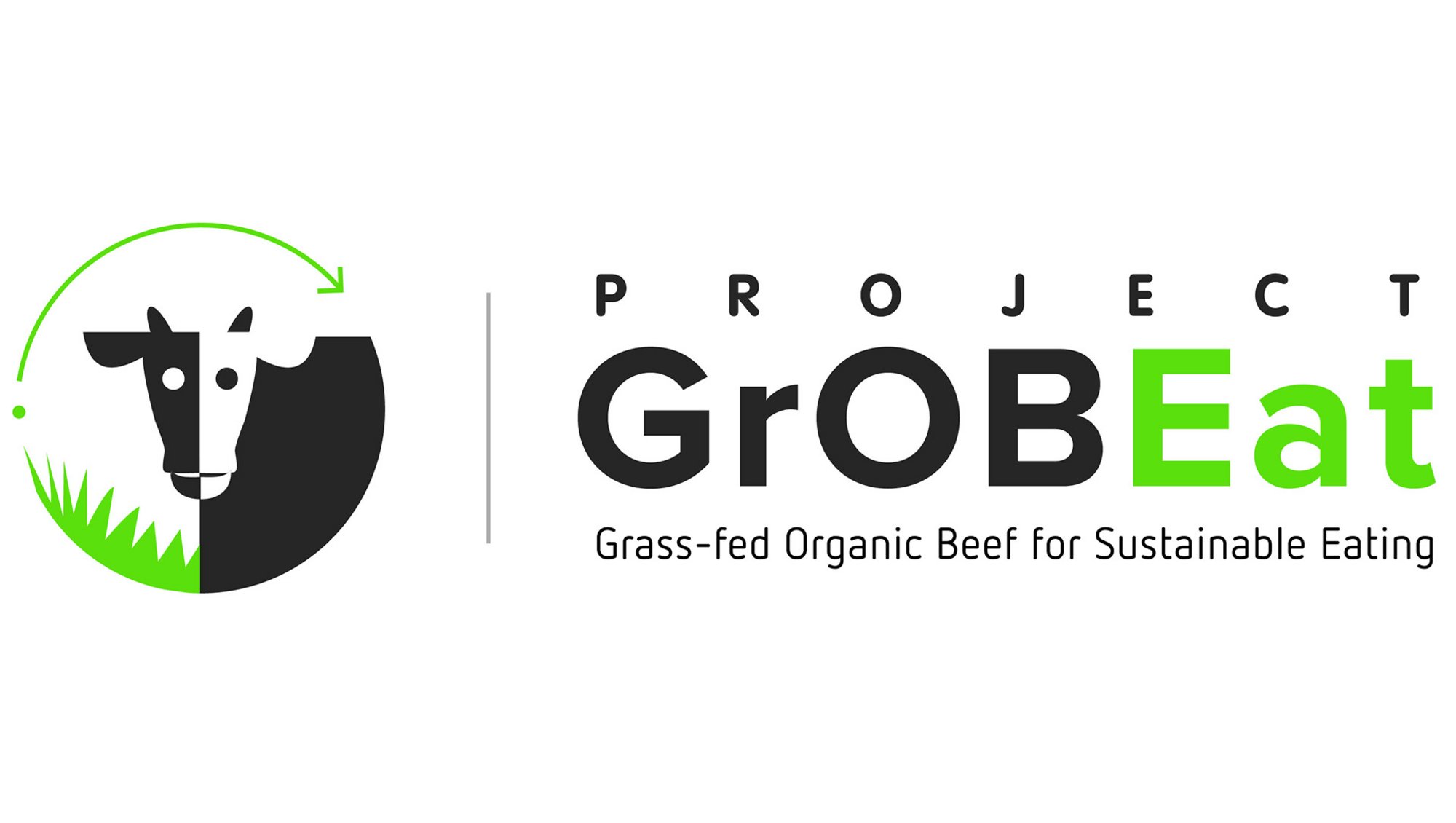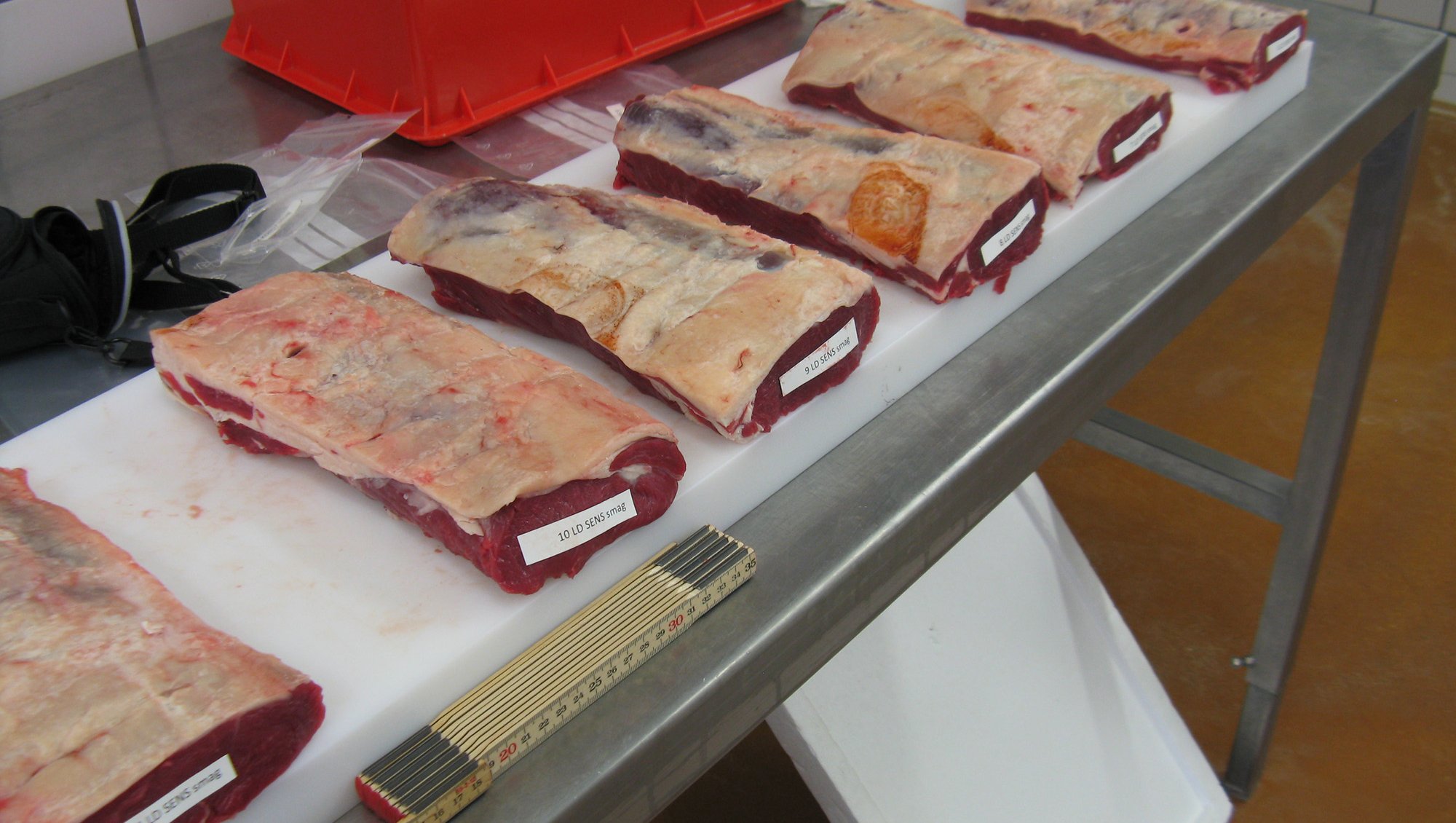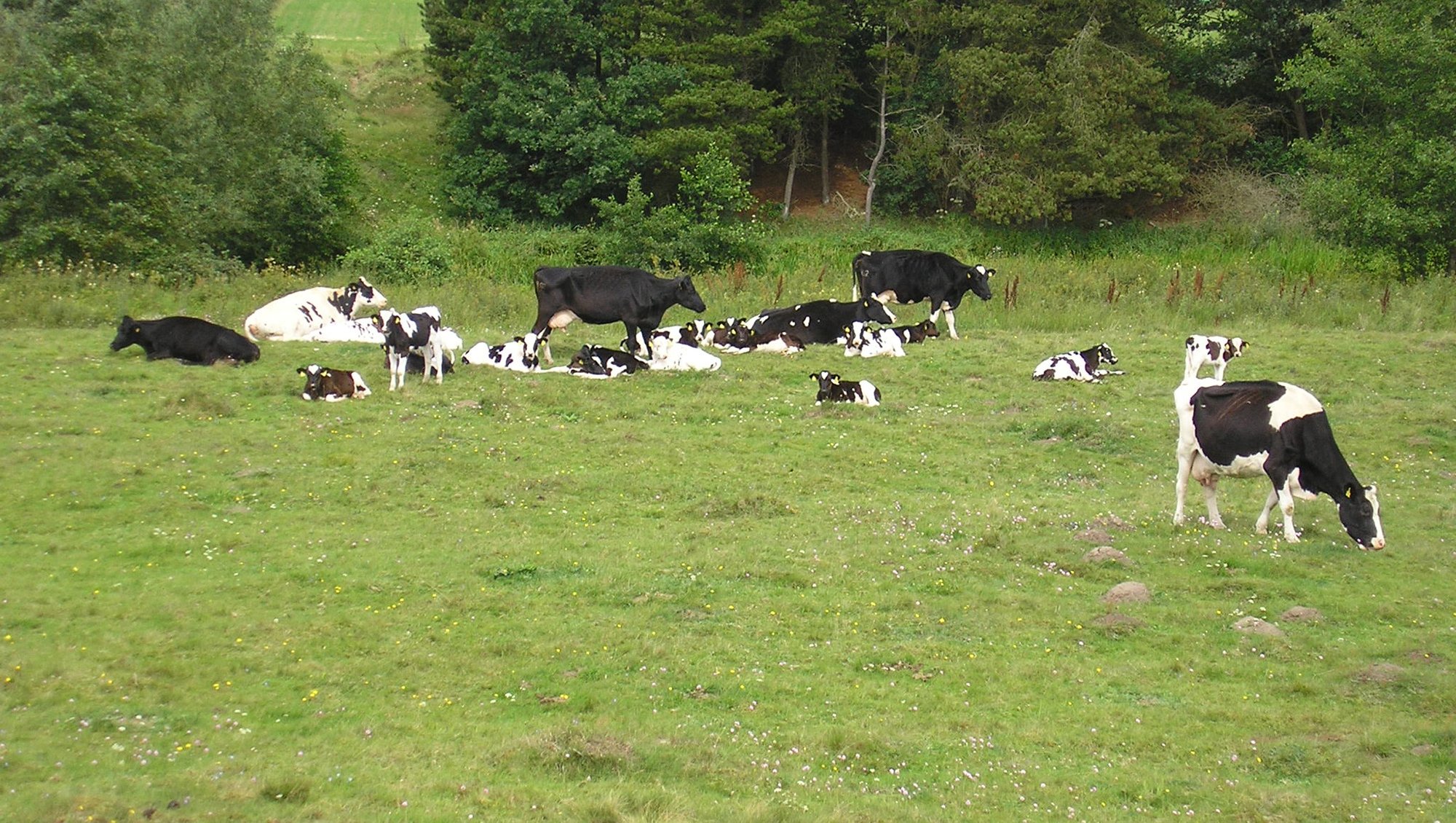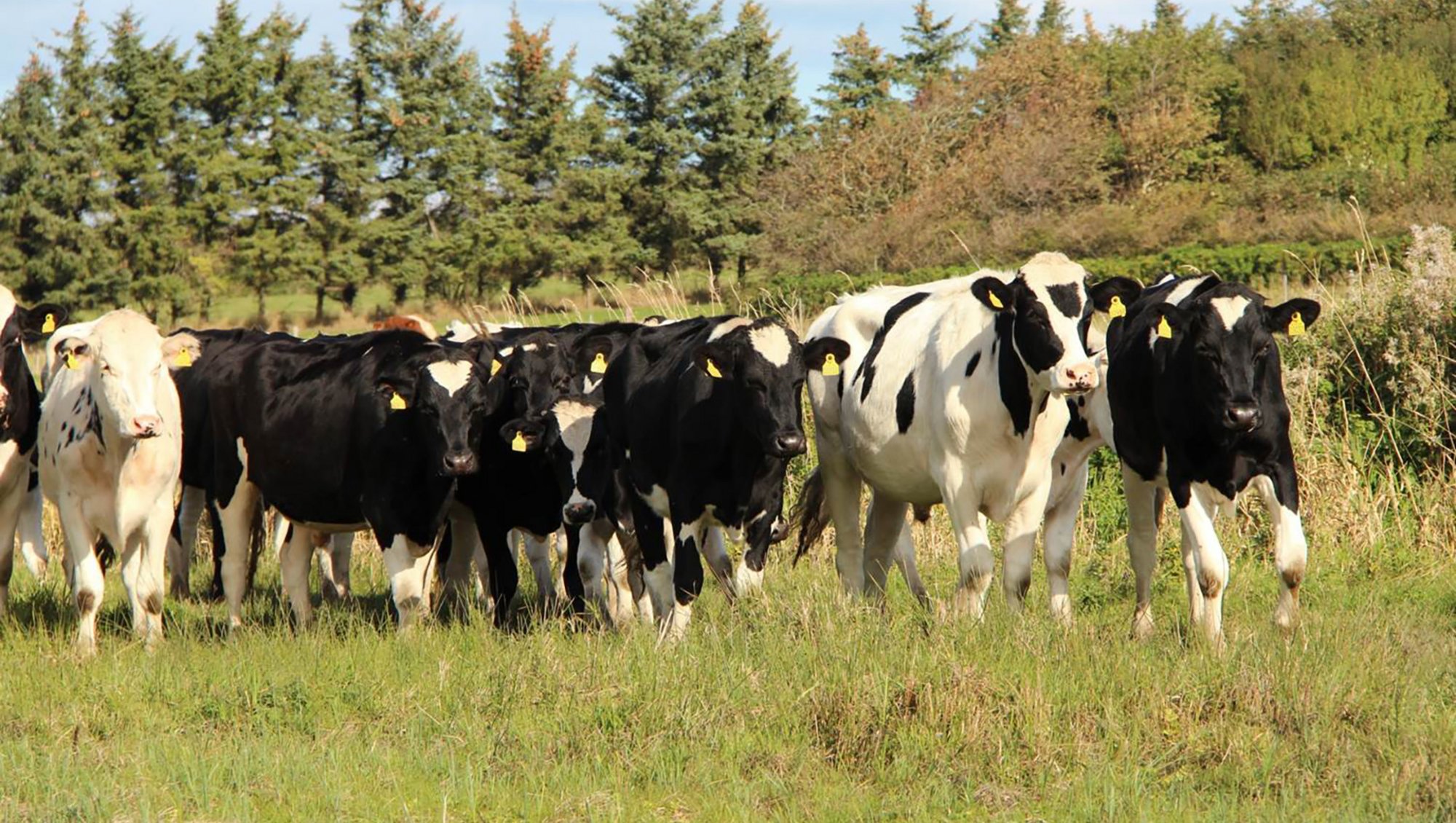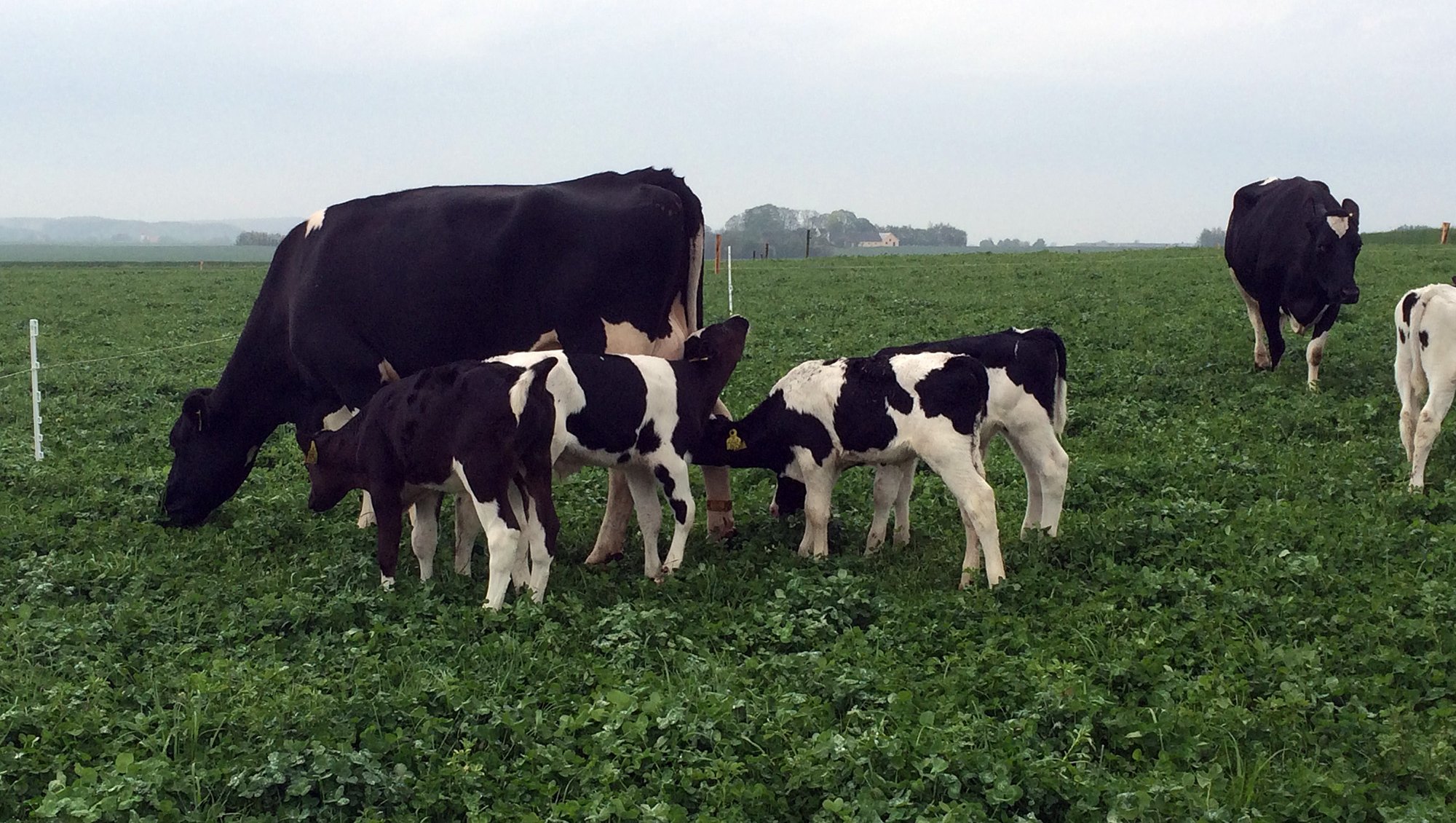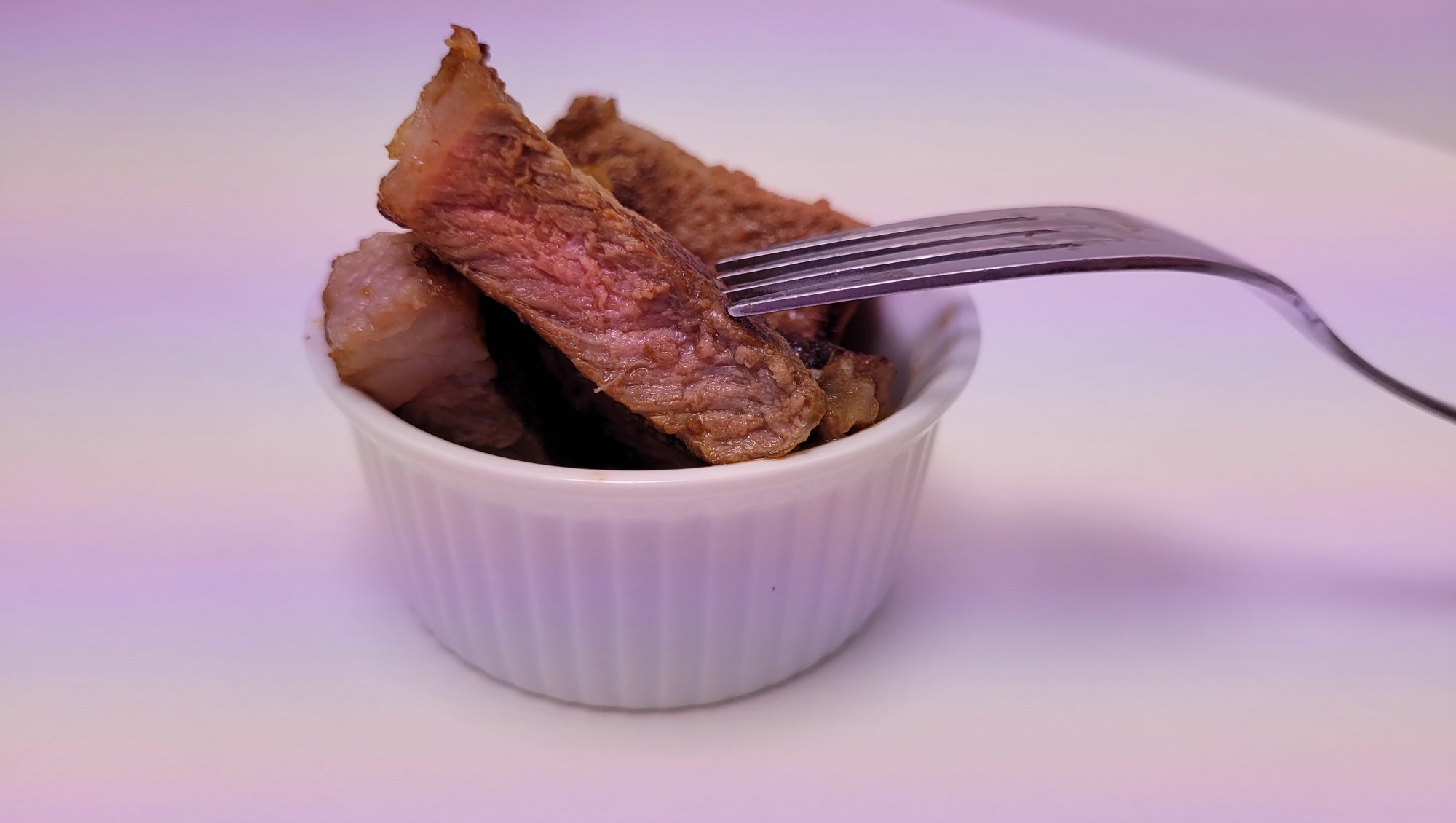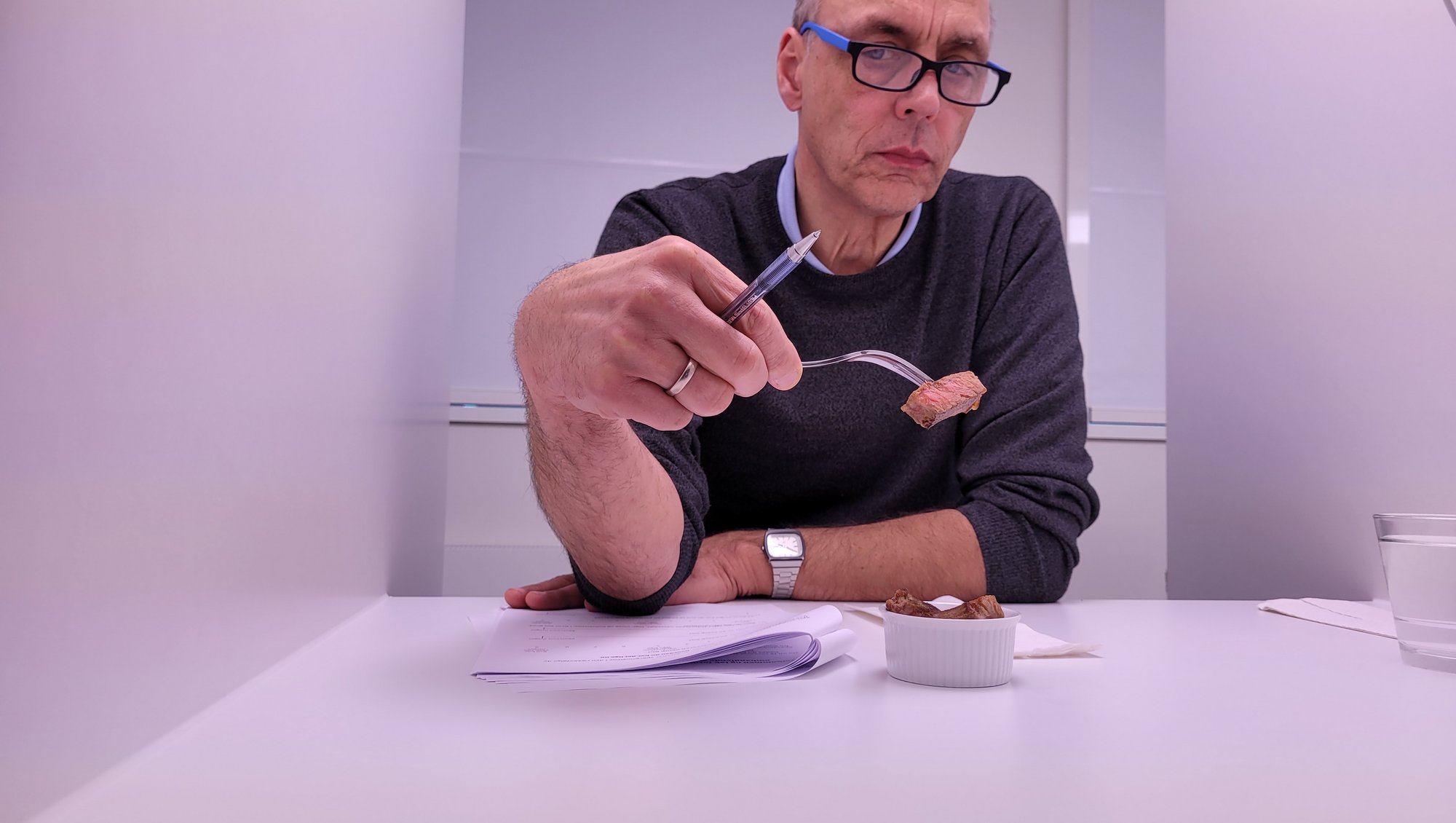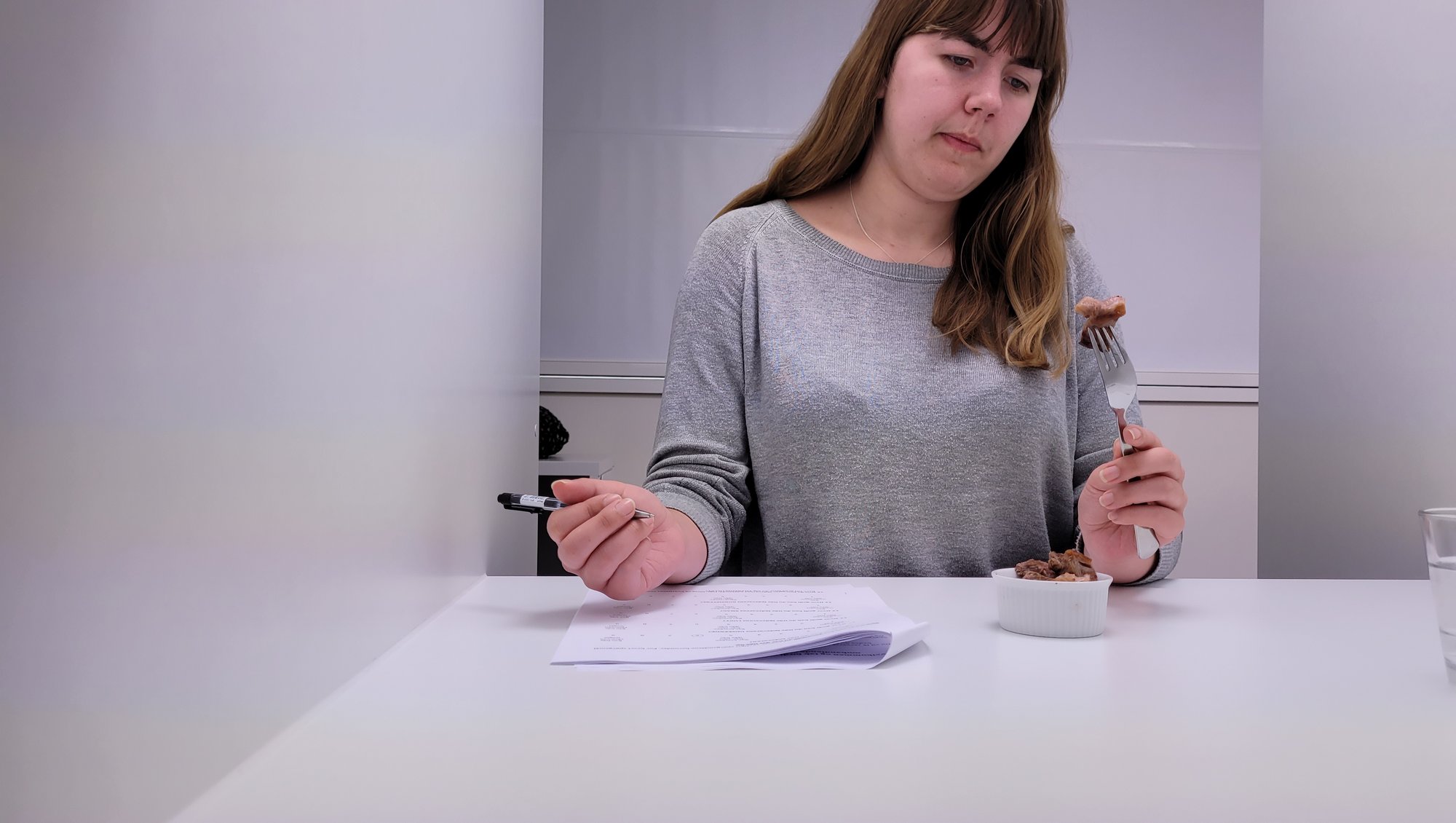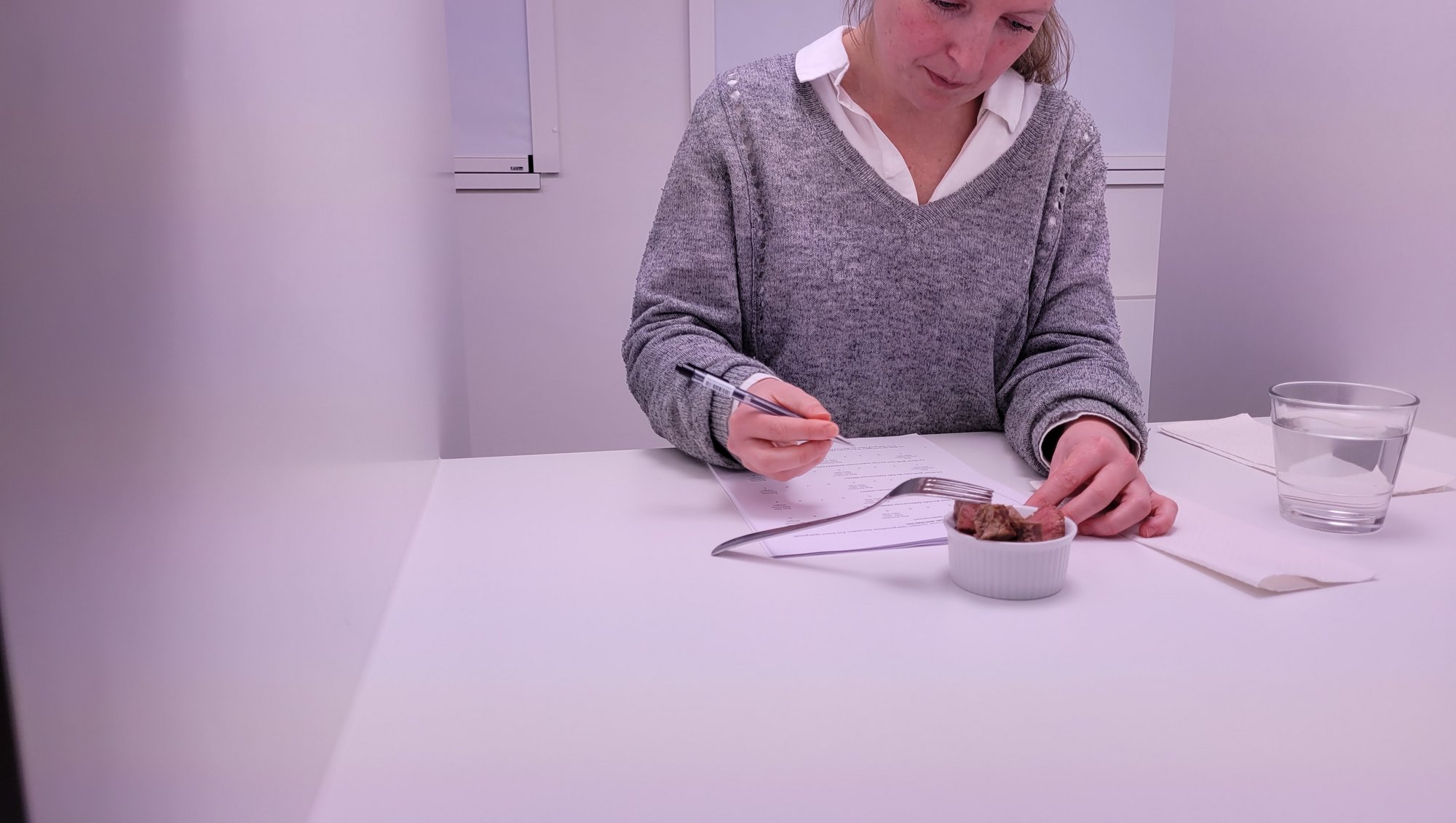GrOBeat
Organic veal and beef – focus on quality over quantity
Organic dairy production is very successful in Denmark and covers a large part of the domestic market for fresh milk and it contributes to a success for the organic food exports. The success depends on that every organic dairy cow gets a calf every year. Another aspect is that most bull calves are taken out of the organic production and are included in the conventional production.
These practices challenge the holistic principle that organic production is based on. Hence, a sustainable solution is needed.
Meat production – and thus meat consumption – is challenged by its large impact on climate. Organic production must take this aspect into consideration together with a focus on the consumer demands in a way that stimulates a sustainable meat consumption.
Purpose of GrOBEat
GrOBEat is developing a sustainable strategy for the organic beef production for a future consumption pattern that is built on quality over quantity, which according to the latest hypothesis within consumer research contributes to more healthy eating habits and increased satisfaction.
The effects of the new strategy will be quantified with regard to efficiency, animal welfare, biodiversity, meat quality and sensory quality, and the overall impact on the environment.
A grass-based system, where calf and cow is together in the first 4 months, will deliver two high quality products; a) low fat content calves (8 months) and b) moderate fat content, young animals (14-16 months), which have grazed intensively.
The project will develop a more profitable strategy for meat production with products that meet the consumer demands in regard to animal welfare, biodiversity and climate, and at the same time increases the consumer satisfaction.
The quality and the sensory experience, combined with the production story of the product is expected to result in an earlier satisfaction, and thus a lower meat intake and a more healthy diet . This will increase the trustworthiness and holistic basis for producing meat now and in the future.
Overall, the new strategy will push the meat producers, the food service-segment and the eating habits of the consumers in a more sustainable direction.
The project step by step
- Production of veal and beef in a grass-based system with cow-calf togetherness the first four months (the GrOBEat-system)
- Quantification of meat quality from the animals in the GrOBEat-system
- Testing the meat products in regard to the consumers’ eating habits and satisfaction
- Modelling of the GrOBEat-system’s impact on environment and climate based on data from production, eating and consumers tests
- Communication, dissemination and engagement of all relevant stakeholders as part of the development of high quality meat produced to the future organic consumer
Photos from taste assessment trials
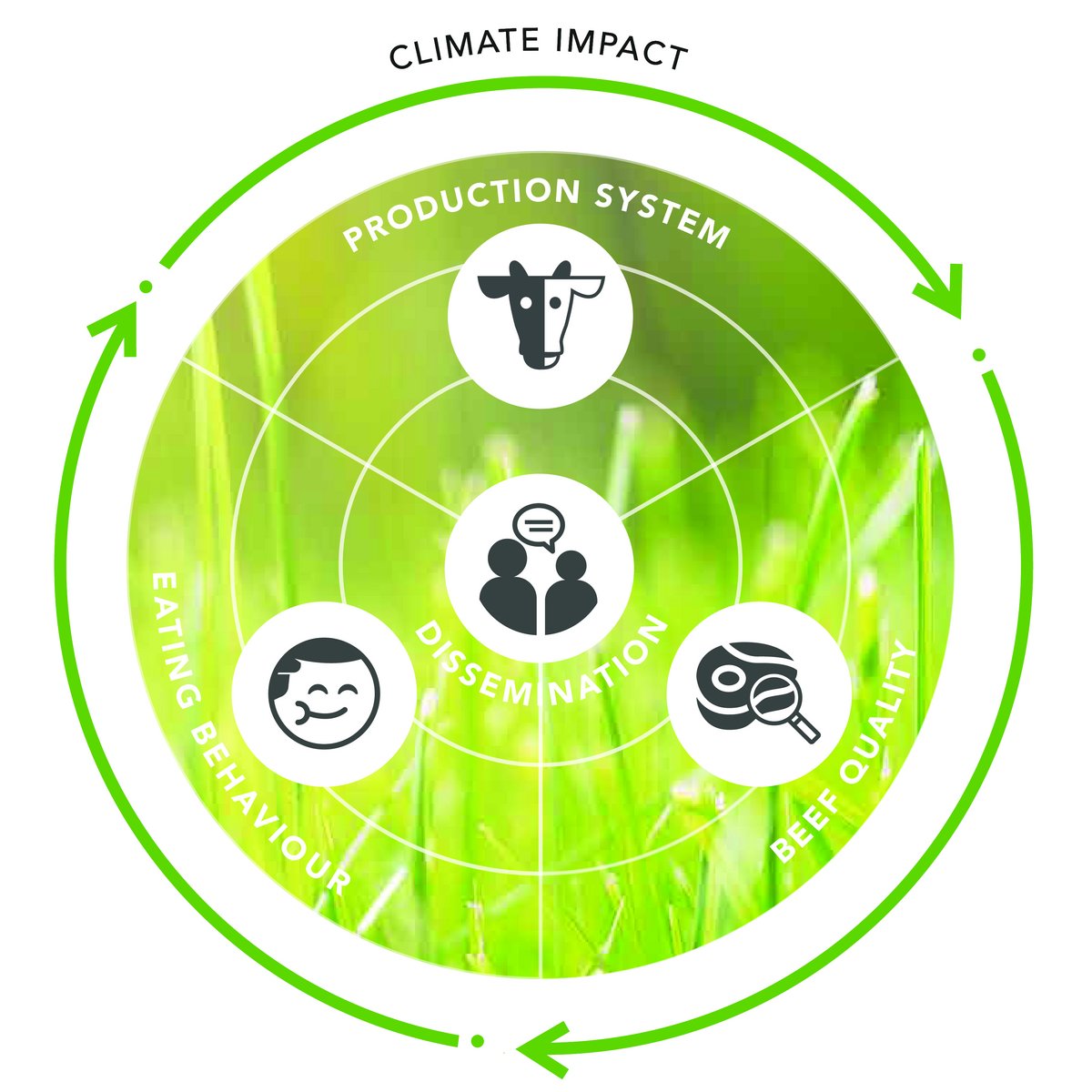

Project leader
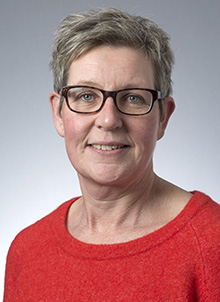
Margrethe Therkildsen,
Department of Food Science
Margrethe.therkildsen@food.au.dk
Phone: +45 22167975
Project partners
Department of Animal Science, AU - Mogens Vestergaard
Department of Agroecology, AU – Lisbeth Mogensen og Troels Kristensen
Department of Food Science, AU – Barbara Vad Andersen
Organic Denmark – Julie S. Henriksen og Iben Alber Christiansen
Center for Frilandsdyr – Camilla Kramer og Kirstine Flintholm Jørgensen
